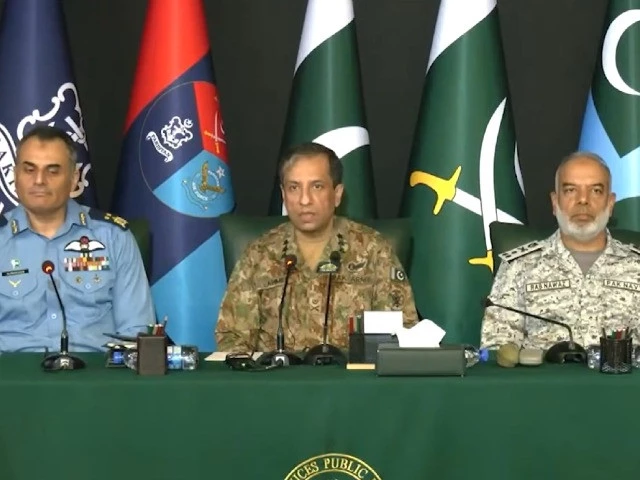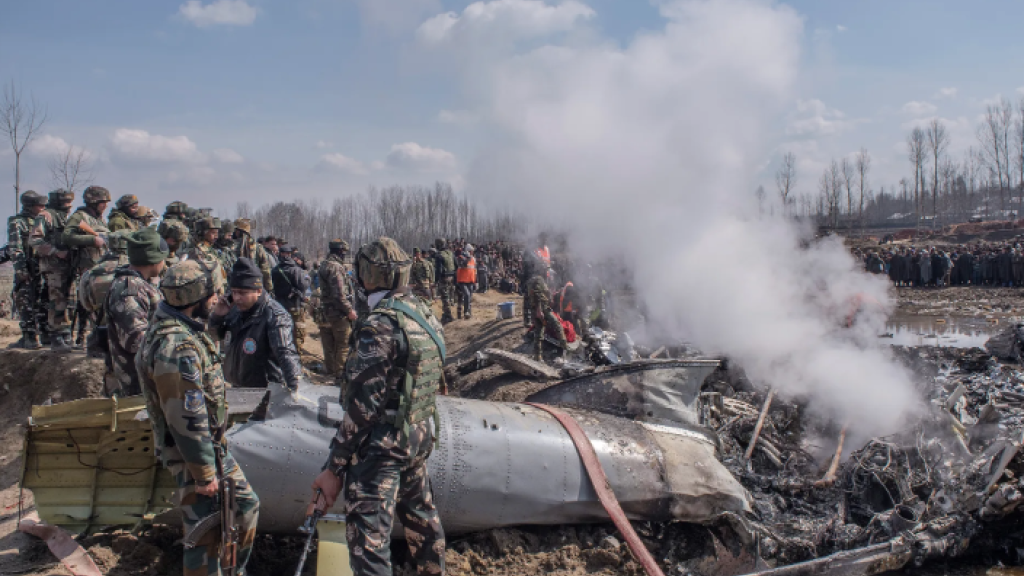Today, war is no longer confined to battlegrounds, and understanding the interaction between strategy, technology, and statecraft has never been more urgent, especially in South Asia especially the sub-continent, where tensions and military advancements continue to shape regional dynamics.
To discover these convolutions, Scientia Magazine speaks with Dr. Tughral Yamin, an exceptionally qualified expert who bridges the gap between military command and strategic scholarship. A retired Brigadier of the Pakistan Army, Dr. Tughral Yamin served from 1974 to 2008 in a variety of command, staff, and international roles, including peacekeeping deployment in Somalia (1992–93) and as Pakistan’s senior delegate to the ASEAN Regional Forum in 2005. He concluded a decorated military career with the award of Sitara-i-Imtiaz.
Following retirement, Dr. Tughral pursued a second career in academia, becoming the first PhD graduate in Defence and Strategic Studies from Quaid-e-Azam University. He later joined the National University of Sciences and Technology (NUST), where he became the founding Associate Dean of the Centre for International Peace and Stability (CIPS) in 2013. Under his leadership, the center launched its PhD program and hosted international peace and conflict conferences.
Dr. Tughral has conducted advanced research on cyber confidence-building measures (CBMs) at Sandia National Laboratories in the United States. His written work includes numerous books and peer-reviewed journal articles on topics ranging from nuclear deterrence and CBMs to asymmetric warfare and strategic doctrines.
With deep insight into the Indo-Pakistan conflict and its implications for modern warfare, Dr. Yamin helps us unpack what it means to deter, defend, and adapt in the age of hybrid threats of war.
Hifz: You’ve moved from military command to academic leadership. How do you reflect on this transition?
Dr. Tughral Yamin: The transition from military command to academic leadership was relatively seamless for me. Both environments require discipline, planning, and leadership, skills that naturally carry over. The main contrast I experienced was in the setting. In the military, a considerable portion of my time was spent in the field, often in challenging environments, focusing on real-time operational decisions.
In contrast, the academic world offered a more structured and comfortable setting, with lectures delivered in multimedia-equipped halls and interactions driven by discussion and research. While the context changed, the mission of serving, mentoring, and contributing to national development remained the same, just through different tools and platforms.
Hifz: How do you assess the strategic and technological dimensions of the recent India-Pakistan conflict?
Dr. Tughral Yamin: The strategic and technological aspects of the recent standoff between India and Pakistan marked a notable departure from previous crises. What stood out initially was India’s use of a false flag operation as a starting move—an aggressive gambit by Prime Minister Narendra Modi. However, his subsequent decisions reflected strategic miscalculations.
Despite possessing modern military hardware, the Indian forces could not translate that into a decisive advantage on the ground. In contrast, Pakistan’s armed forces showcased superior professionalism, coordination, and technical capability, which ultimately gave it the upper hand.

One of the most surprising outcomes was India’s failure to secure meaningful international support. Instead of isolating Pakistan, Modi’s approach inadvertently revived the Kashmir issue on the global stage and re-established the India-Pakistan hyphenation that Indian diplomacy had long sought to dismantle. Ironically, this opened the door for third-party mediation, most notably, U.S. President Donald Trump stepped in to play the role of a peacemaker. In trying to assert dominance, India may have unintentionally undermined its strategic position.
Hifz: How do you view the role of hybrid warfare, such as disinformation, cyberattacks, and economic coercion, alongside conventional weapons?
Dr. Tughral Yamin: War is not only the application of brute kinetic force. It includes diplomacy, economy, psyops (psychological operations), propaganda, and cyber operations. These tools are used not only to weaken the adversary but also to shape narratives and disrupt decision-making processes without engaging in direct combat. The national leadership should be steadfast, and the nation should support its armed forces.
During the recent India-Pakistan conflict, we saw all these dimensions in full play. Pakistan was able to manage these aspects effectively due to its coherent strategy and well-coordinated institutions. Its soldiers, sailors, and airmen were better trained and motivated, and the nation firmly stood behind them.
Hifz: How did media and psychological tactics affect public and political reactions?
Dr. Tughral Yamin: In times of crisis, information becomes a weapon—used to influence morale, control public sentiment, and signal strength or vulnerability to the international community. Psychological operations and media narratives do shape the public perception and political discourse during the conflict.
Pakistan’s response in this domain was measured and strategic. The clarity and professionalism of its messaging, combined with visible military preparedness, reassured the population and demonstrated resolve to external observers. We have seen that the unity between the armed forces and the public was particularly striking. This cohesion amplified Pakistan’s psychological edge and neutralized attempts at propaganda or misinformation.
What the conflict underscored was the need to stay prepared across its full spectrum, from low-intensity engagements to potential strategic escalation. The ability to respond swiftly and effectively at every level of the escalation ladder remains central to Pakistan’s defense thinking. As a result, future planning and procurement will likely continue to focus on enhancing the precision, readiness, and interoperability of conventional forces, while sustaining the credibility of its strategic deterrent.
More from the Author: Classroom Conundrum: The Hidden Crisis of Science Without Experiments with Shagufta Naheed


